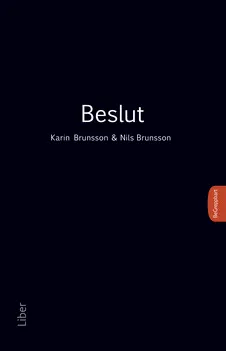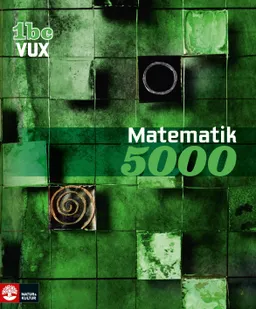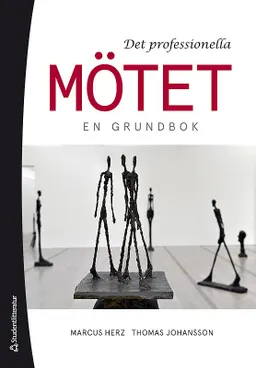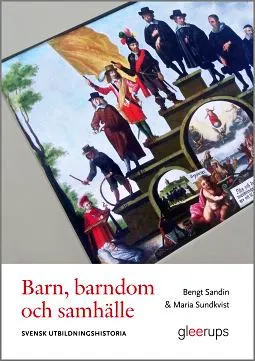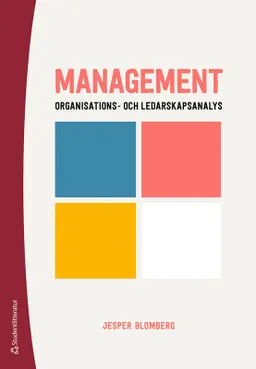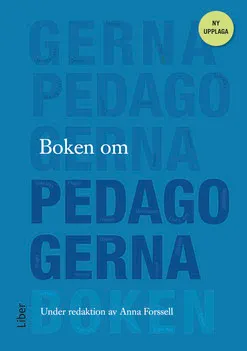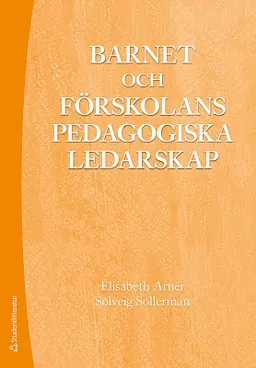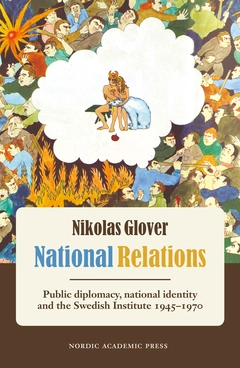

National relations : public diplomacy, national identity and the Swedish Institute 1945-1970Upplaga 1
- Upplaga: 1a upplagan
- Utgiven: 2015
- ISBN: 9789187121241
- Sidor: 287 st
- Förlag: Nordic Academic Press
- Format: E-bok
- Språk: Engelska
Om boken
Åtkomstkoder och digitalt tilläggsmaterial garanteras inte med begagnade böcker
Mer om National relations : public diplomacy, national identity and the Swedish Institute 1945-1970 (2015)
I februari 2015 släpptes boken National relations : public diplomacy, national identity and the Swedish Institute 1945-1970 skriven av Nikolas Glover. Det är den 1a upplagan av kursboken. Den är skriven på engelska och består av 287 sidor djupgående information om samhälle och politik. Förlaget bakom boken är Nordic Academic Press.
Köp boken National relations : public diplomacy, national identity and the Swedish Institute 1945-1970 på Studentapan och spara pengar.
Tillhör kategorierna
Referera till National relations : public diplomacy, national identity and the Swedish Institute 1945-1970 (Upplaga 1)
Harvard
Oxford
APA
Vancouver













